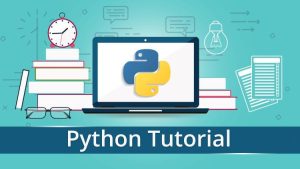
In the tech-driven world we live in today, mathematics holds a key role in various industries. Being proficient in math opens up countless opportunities for students, from computer science and programming to data analysis and engineering.
The Power of Hands-on Learning
Traditional classroom teaching methods often lack the engagement necessary to captivate students’ attention. Incorporating hands-on learning activities in the math curriculum helps students better understand and apply mathematical concepts.
Engaging Activities for Students
1. Building Mathematical Models
Encourage students to build physical models that illustrate mathematical concepts. For example, students can construct geometric shapes using straws and connectors to understand 3D figures. This hands-on approach enhances spatial awareness and promotes critical thinking.
2. Puzzle Solving
Puzzles, riddles, and brain teasers are excellent tools to promote logical reasoning and problem-solving skills. Introduce students to math-related puzzles that challenge their thinking and encourage them to find creative solutions. Websites like Math is Fun offer a wide variety of math puzzles for different grade levels.
3. Virtual Math Games
Harness the power of technology to make math learning fun and interactive. There are numerous online platforms and mobile apps that offer math games designed to engage students while improving their numerical skills. Some popular options include Prodigy, Khan Academy, and Math Playground.
4. Real-Life Math Challenges
Relevance is key to capturing students’ interest in mathematics. Introduce real-life math challenges that demonstrate how mathematics is applied in practical situations. For instance, students can analyze data sets, calculate budgets, or solve mathematical problems related to everyday scenarios.
5. Math Olympiads
Participating in math competitions such as Math Olympiads provides students with a platform to showcase their skills and compete with peers. These events foster a sense of excitement and encourage students to excel in problem-solving.
Conclusion
Engaging students in mathematics is crucial for their academic success and future careers in the tech industry. By incorporating hands-on activities, puzzles, virtual games, real-life challenges, and math olympiads, educators can create an enriching math curriculum that not only enhances students’ mathematical abilities but also develops their critical thinking and problem-solving skills.

